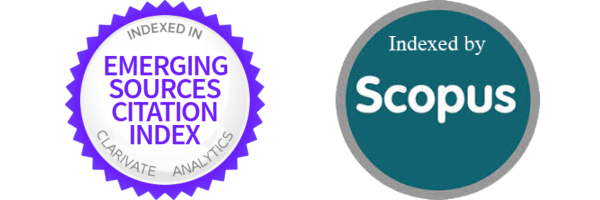De bewaring van cultuur in heden en verleden
DOI:
https://doi.org/10.7480/knob.89.1990.3.520##submission.downloads##
Samenvatting
The hereafter following is abstract of a lecture delivered on the occasion of the installation of the Council for the Administration of Culture at the Hague on the 15th of March 1990. Both past and history indicate that which preceded the present. The past is the whole of facts or events and material things known to us from earlier times. Its extent grows continually.
History however points to the incessant change in our collective and individual existence. We all have a past. That is that which we remember of closed events, thoughts, emotions and concrete affairs. Our own history shows us the continuous changes of our circumstances and reactions to these changes. How often commentators use the word 'historical'! The release of Mandela is historical. Or the union of both Germanies is an historical event.
Thus an event is 'historical' when she substantially changes the situation. The word dramatizes the described situation. Historical always has a favourable connotation because the historical event is considered beneficial to progress. This Council for the Administration of Culture and his predecessors emphasize the past rather than history.
Of course archives, museums and protection of monuments primary must preserve the material like a reservoir we and our descendants can draw upon. Their terms of reference as preservation of culture, cultural heritage, protection of culture and administration of culture however have been formulated by the 19th century. There is the remarkable phenomenon that the 19th century used the past to cherish national consciousness but destroyed so much of her cultural heritage at the same time. This dehistorization was borrowed from the thought of progress, which pre-eminently is a historical notion.
Emphasis on the preservation of the past not of necessity is contrary to the positive quality of progress which does not destroy arbitrarily but wants to promote happiness. For the historical view is being fed by the need of criticism on traditional ideas and situations.
Nowadays the relation between the past and its guardian has changed. During the 19th century study and expertise could restore and reconstruct events and objects into their original form again. Knowledge of the Zeitgeist of a certain era convinced researchers of their accomplishments. The past was a concrete object. Surely one could speak of the cultural heritage as tangible reality.
Nowadays we do not possess this trust anymore realizing our knowledge of the past cannot be a reconstruction. She always is intellectually formed, a construction. Of course researchers can determine many historical data but these have to be arranged and ordered. History is a book which is rewritten again and again.
In consequence of present-day views the task of administration is even more difficult. For the administration of culture not only means preservation. Our cultural heritage has to be chosen and interpreted. Tradition influences. But every community is tree to determine which objects she wants to preserve as her cultural heritage. Because community constantly changes also decisions change in the course of time. Highly qualified institutions and councils decide on what has to be considered 'our cultural heritage' on a certain moment in history. This activity is essential because without a past a community people want to live in looses her coherence.
Gepubliceerd
Citeerhulp
Nummer
Sectie
Artikelen
Licentie
Copyright (c) 1990 E.H. Kossmann

Dit werk wordt verdeeld onder een Naamsvermelding 4.0 Internationaal licentie.





